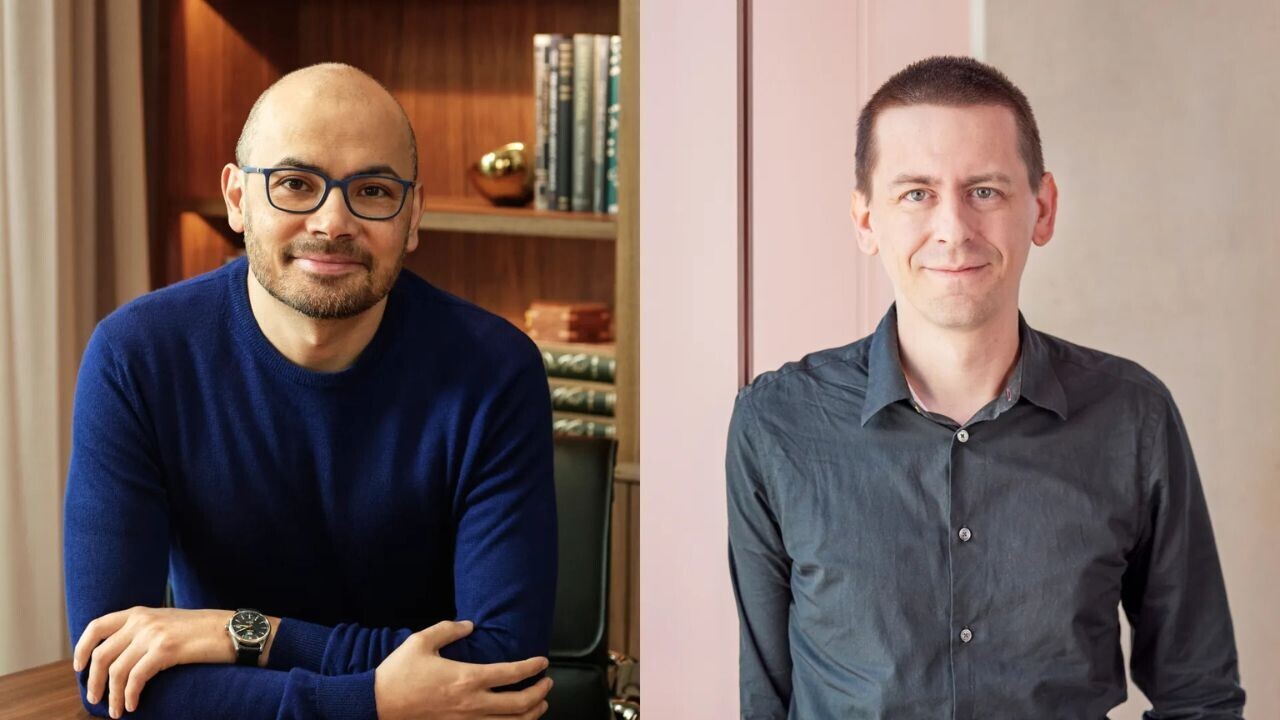
Google DeepMind scientists Demis Hassabis and John Jumper today won this year’s Nobel Prize in Chemistry.
The duo will share the prestigious prize — seen as the pinnacle of scientific achievement — with University of Washington professor David Bakker for his work on computational protein design.
“This prize represents the promise of computational biology,” Jumper said during a press conference on Wednesday.
Hassabis co-founded DeepMind in 2014. Jumper was appointed director last year. The duo won their Nobel Prize for developed an AI model that solved a 50-year-old challenge in biology: predicting the structure of proteins.
Dubbed AlphaFold2, the tool can predict over 200 million of protein structures — nearly all known to science — from their amino acid sequences.
This enables researchers to understand how proteins work and interact with other molecules in the body, offering unprecedented insights into disease development and drug discovery.
AlphaFold2’s impact
Since its launch, AlphaFold2 — which is freely available — has been used by more than 2 million scientists across 190 countries. It has supported multiple areas of research, from projects on malaria vaccines and Parkinson’s treatments to drug-resistant bacteria.
AlphaFold2’s immediate impact is accelerated research, Jumper said during the press conference.
“What I think will come soon through our work is that we’re going to get better and better at harnessing biology and our understanding of biology to make medicines,” he added. “I hope this means that, ultimately, we will be more responsive to, for example, pandemics.”
Hassabis said he’s dedicated his life to AI because it could “improve the lives of billions of people.” However, he cautioned that artificial intelligence can do both good and bad.
“We have to really think very hard as these systems and techniques get more powerful about how to enable and empower all of the benefits and good use cases, whilst mitigating the risks.”
As artificial intelligence is changing the face of fundamental sciences, the Nobel Prize in Physics was also awarded to two AI researchers: John Hopfield and Geoffrey Hinton for their work in training neural networks using physics.
Get the TNW newsletter
Get the most important tech news in your inbox each week.





